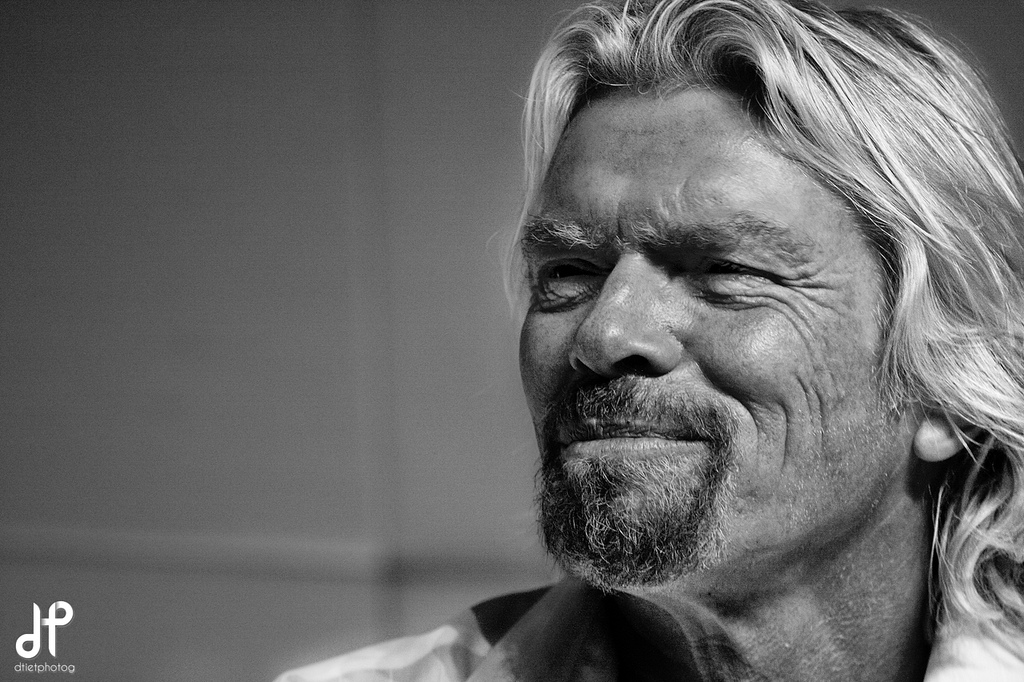
23rd November 2017
How to lead a team to do something that’s never been done before

Author: Peter Davies, Virgin
As an entrepreneur and inventor, you are faced with the challenge of finding a team of people that share faith in your idea and who are prepared to follow you into the depths of the unknown.
The Verv project began in 2015 with my goal to tackle energy at its very core by targeting each individual home and democratise data for consumers in order to generate positive social impact. I had developed a machine learning algorithm that could detect appliance faults and allowed consumers to track their energy usage down to the cost per use for each appliance, but I had to find a team that could help me take it to market. Two years later, we have raised £2.2 million in investment and have just introduced our product to the market.
Asking your team to trust you when creating something that has never been done before can be a big ask, but here are my tips to get you started:
Create one unifying goal
I am a big believer in the science of goal setting and there are lots of techniques that you can use to help you develop and set realistic goals for personal and professional growth. Bringing a team together to achieve one Big Hairy Audacious Goal (this is a thing – check out Jim Collins’ BHAG article) in theory is easy, but as the team expanded I wanted to make sure our vision wasn’t lost. To keep everyone moving in the same direction, we created the Game Board.
On a Friday afternoon, our teams gather around our game board and share the progress they have made towards achieving the milestones which would eventually lead towards our BHAG. The gameboard currently resembles a rounders pitch, with key mini-goals captured on post-it notes which are moved around the pitch depending on the stage they are at. Each mini-goal equates to a number of points, which at the end of the cycle can be exchanged for rewards (known as ‘power ups’) which are decided by the whole company as long as all mini-goals have been achieved.
Power-ups can range from a new coffee machine or desk plants, or can be ‘saved up’ to use on a bigger rewards such as team away days. The game board has created a sense of camaraderie amongst the company and nurtures a culture of support where people help each other out so everyone ‘levels up’ together at the end of each cycle. The gamification of goals not only adds a layer of incentive but also creates a good team spirit, showing that every member of the team has a share in the company’s destiny.
Will it make the boat go faster?
Ben-Hunt Davis, British rowing Olympic champion, wrote a book about the importance of setting goals that matter, which really resonated with me. Essentially, if what you are doing doesn’t make the boat go faster then it’s low priority, as it’s not giving you the momentum you need to be purposeful in your actions.
With people often covering multiple roles within a start-up, it’s important to be able to help them prioritise their workload, because as much as you want to do it all, you can’t. Using the ‘will it make the boat go faster’ analogy helps to give context to the scale of the task and look holistically at what impact the task will have on the business.
In addition, I have found that it also helps individuals determine how much work is required to complete the task and whether the outcome needs to be absolutely perfect, or just enough to get it done. This makes time management much more effective and a strive for perfection can be achieved when it’s actually needed the most.
And, of course, none of this is possible unless you have the right blend of people in the seats of the boat, working cohesively to make the boat move faster. Verv is full of people from completely different professional backgrounds who in larger companies wouldn’t usually work together, but it’s the culture that encourages these people to work as a team that is key to making it work.
Taking your team on this type of journey can be daunting, but if you follow these steps, and trust your instincts, you will soon be on your way to driving innovation.
Receive more information about the Employee Engagement Awards. Email Tricia Sibbons ([email protected]), or fill in the from below.
[contact-form to=”[email protected]” subject=”More info re EE Awards please”][contact-field label=”Name” type=”name” required=”1″][contact-field label=”Email” type=”email” required=”1″][/contact-form]

